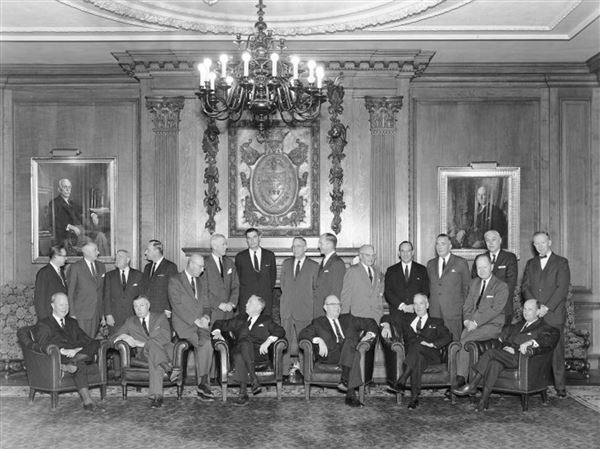A couple years ago, a teenage boy was running down a street in Harrison wearing a bulging camouflage vest. Someone called 911, thinking the vest could contain ammunition.
The officer who responded had trouble communicating with the teenager. When the officer told him to show his hands and get on the ground, he didn't respond. Finally, another officer arrived and realized what was going on.
The boy had Asperger syndrome, a behavioral disorder that makes communicating difficult. He liked to go on jogs wearing a weighted vest to relieve his anxiety.
"That could have had a bad outcome if the veteran officer hadn't come to defuse the situation," said Aspinwall police Officer Scott Bailey.
Officer Bailey, who has two sons with autism, hopes to prevent more misunderstandings between police and people with Asperger syndrome, autism, Alzheimer's and other disorders. He has worked with other Allegheny County officials to teach local officers how to spot the disorders and deal with them.
On Wednesday, Allegheny County District Attorney Stephen A. Zappala Jr. unveiled the latest part of the effort: a tracker to help police find people with behavioral disorders who get lost. Worn like a wristwatch, the tracker sends a radio signal over a range of about a mile and a half. A handheld receiver pinpoints what direction the signal is coming from, and beeps more loudly when it gets close to the tracker.
"If someone gets lost, you typically work areas in concentric circles," Mr. Zappala said at a news conference in the Monroeville Municipal Building. "We're going to continue to do that in a search, but with this technology, we're comfortable we can do that more quickly."
The DA's office has bought 20 of the bracelets at about $300 each, and 10 of the receivers at $1,000 to $1,500 each, from Project Lifesaver, a national nonprofit. It hopes to buy more of the bracelets each year and is looking for more funding.
Families can apply for the bracelets, which will be distributed on the basis of need, said Mike Manko, spokesman for Mr. Zappala.
Mr. Zappala also has put together an instructional DVD, "Encountering People with Autism," to help police officers, firefighters and EMS responders learn how to interact with people with such disorders. Some of the tips include making eye contact, speaking slowly, being patient for a response and taking off sunglasses and gloves to seem less intimidating.
The county also will hand out stickers that families can put on their homes or cars to warn police officers that someone with a behavioral disorder might be inside. That way, the officer won't misinterpret the person's behavior.
As another part of the effort, families will be able to inform Allegheny County Emergency Dispatch there's someone with a behavioral disorder in the household. When responders are dispatched to the home, a database will tell them about the disorder.
Mr. Bailey also is supporting a proposed state law to put autism designations on driver's licenses and offer training at police academies.
"I want to keep my children safe," he said. "Not only them, but the thousands of other families who don't have a voice."
First Published: May 1, 2014, 2:44 a.m.
















